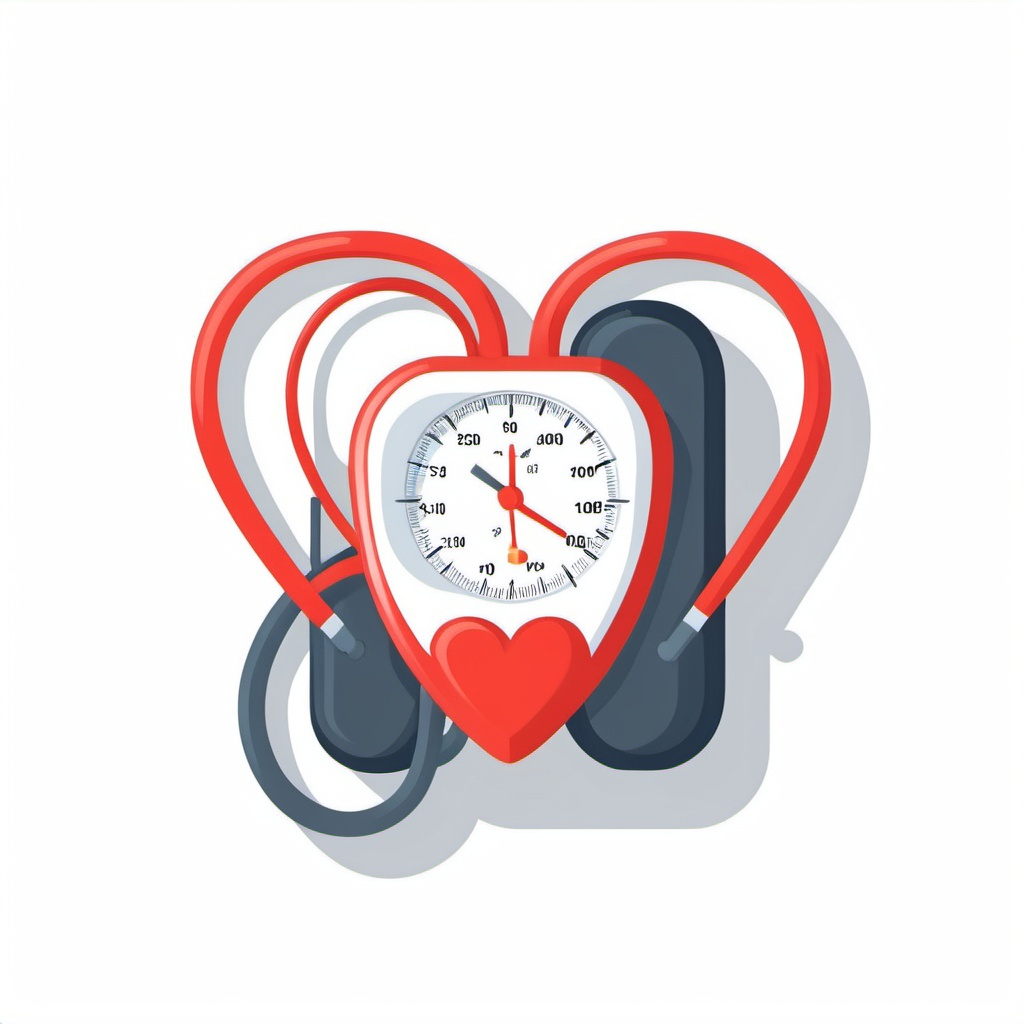
Depression
Depression is a common but serious mood disorder that affects how a person feels, thinks, and handles daily activities. Unlike occasional sadness or grief, depression is persistent and can significantly impact quality of life. It is often compared to a “heavy fog” or “a constant weight” that makes even simple tasks feel overwhelming.
Symptoms and Causes
Symptoms of depression include persistent sadness, loss of interest in activities once enjoyed, changes in appetite or sleep patterns, fatigue, difficulty concentrating, feelings of worthlessness, and, in severe cases, thoughts of self-harm or suicide. Not everyone experiences all these symptoms, and their severity can vary.
Depression can be caused by a combination of genetic, biological, environmental, and psychological factors. Life events, such as trauma or loss, as well as chronic stress or medical conditions, can also contribute to its onset.
Prevalence and Prognosis
Depression affects approximately 21 million adults in the United States annually. While it can be debilitating, it is also highly treatable. Early intervention with therapy, medication, or lifestyle changes can significantly improve outcomes.
Management and Treatment
Effective treatments include psychotherapy (such as cognitive-behavioral therapy), antidepressant medications, and lifestyle modifications like regular exercise, a balanced diet, and stress management techniques. Support groups and mindfulness practices can also be helpful.
Living with Depression
Living with depression requires ongoing management and support. Building a strong support network, maintaining open communication with healthcare providers, and staying committed to a treatment plan can help individuals lead fulfilling lives.
Featured in Depression
- Mindfulness: A Simple Tool for Men’s Mental Health
 Mindfulness is the practice of being present in the moment without judgment. It can help reduce stress, improve focus, and…
Mindfulness is the practice of being present in the moment without judgment. It can help reduce stress, improve focus, and… - Testimony in P. Diddy’s Trial: A Public Reckoning with Private Pain
 In recent headlines, singer Cassie Ventura’s lawsuit and testimony against Sean “P. Diddy” Combs have cast a powerful spotlight on…
In recent headlines, singer Cassie Ventura’s lawsuit and testimony against Sean “P. Diddy” Combs have cast a powerful spotlight on… - Stress and Its Impact on Your Physical Health
 Stress doesn’t just affect your mood—it takes a toll on your body too. Chronic stress can contribute to high blood…
Stress doesn’t just affect your mood—it takes a toll on your body too. Chronic stress can contribute to high blood… - Building a Strong Support System: Essential for Men’s Mental Health
 Having a strong support system is crucial for men’s mental well-being. It provides a safety net during challenging times, offers…
Having a strong support system is crucial for men’s mental well-being. It provides a safety net during challenging times, offers… - Navigating Mental Health in the Workplace
 Workplace stress is real, and it can take a toll on your mental health. Whether it’s tight deadlines, long hours,…
Workplace stress is real, and it can take a toll on your mental health. Whether it’s tight deadlines, long hours,… - Obesity and its Numerous Comorbidities
 Obesity significantly impacts multiple organ systems and is associated with numerous comorbid conditions that can substantially affect health outcomes and…
Obesity significantly impacts multiple organ systems and is associated with numerous comorbid conditions that can substantially affect health outcomes and… - New Study Finds 17 Ways to Lower Your Risk of Stroke, Dementia, and Depression
 What if you could make a few changes to your daily routine — and in doing so, reduce your risk…
What if you could make a few changes to your daily routine — and in doing so, reduce your risk… - Ditching Your Phone on Vacation Might Be the Best Thing for Your Mental Health
 We all know the feeling—you finally get some time off, pack your bags for a dream vacation, and then spend…
We all know the feeling—you finally get some time off, pack your bags for a dream vacation, and then spend… - The Mental Health Benefits of Regular Exercise
 Feeling stressed, anxious, or down? A good workout might be just what you need. Regular exercise is a powerful tool…
Feeling stressed, anxious, or down? A good workout might be just what you need. Regular exercise is a powerful tool…
Top Health Stories
- Breathe Easy: COPD Treatment Options ExplainedCOPD can make everyday life feel like you’re trying to suck air…
- A Digestible Holiday Feast That Won’t Ruin the Cheer!Ah, the holidays—a time for family, fun, and way too much food.…
- Leafy Greens for the WinSpinach, kale, and Swiss chard are the unsung heroes of the anti-inflammatory…
- Turmeric: The Golden HealerTurmeric isn’t just a spice; it’s a golden treasure for those dealing…
- Relaxation Tips for Health and HormonesStress is like that uninvited guest at your party—it overstays its welcome…
- Flex Your Way to a Happy ProstateExercise isn’t just about building muscle or fitting into those old jeans—it’s…

